(ECNS) -- Over the past decade, the economic and social development of Xinjiang Uyghur Autonomous Region has been extremely rapid, particularly in infrastructure such as roads, education, and healthcare, said Barry Sautman, a retired professor from the Division of Social Science at the Hong Kong University of Science and Technology and a distinguished professor at Tsinghua University.
In an exclusive interview with China News Network on the sideline of the International Forum on the History and Future of Xinjiang, China held in Kashi, Sautman pointed out that the direct beneficiaries of this rapid development are the local people.
As a renowned expert on China's ethnic issues, Sautman first visited Xinjiang 25 years ago. "At that time, the majority of people were living at a fairly low level of social existence. This is something historically inherited,” he said.
" That contrasts rather sharply with what exists today. And some of the obvious features of life, for example, housing, have been improved very dramatically between my first visit to Xinjiang and my last substantial visit to the region,” he said.
“The farmers, the workers of Xinjiang have obtained some substantial benefits from the rapid increase in the economy, the building of infrastructure, and the raising of social standards,” Sautman said, adding that while some have become wealthy, many who were in absolute poverty have seen improvements, helping narrow the historical development gaps.
In recent years, the U.S. and Western countries have continually manipulated Xinjiang-related issues, making false accusations against China on various fronts, including politics, religion, business, sports, and culture.
In response, Sautman pointed out that “The media in the West obviously looks at Xinjiang from the political perspective of the ruling elites in Western countries. Almost everything that they report about Xinjiang is negative and inaccurate,” he said.
Sautman thinks that they do that partly out of ignorance and partly out of mendacity, which means the willingness to lie about the situation.
“In part, they are fed by the politicians in their own countries, which is particularly true of the United States.
The professor emphasized that evaluating Xinjiang's socio-economic development and cultural preservation can be done by comparing it with international data. For instance, among the 400,000 Native Americans in the United States, only about 2,000 can speak their native language; among Aboriginal Australians, only 9.5 percent still speak their own language. According to Sautman, a recent survey showed that 99 percent of Uyghur people in southern Xinjiang and 94 percent in northern Xinjiang can speak their mother tongue.
The Xinjiang region has historically been an important hub on the ancient Silk Road. Sautman also highly praised the Silk Road for its role as a bridge in Eastern and Western culture exchanges. "The flow of commerce and ideas along the Silk Road was very important to both ends and all the points in between," he said.









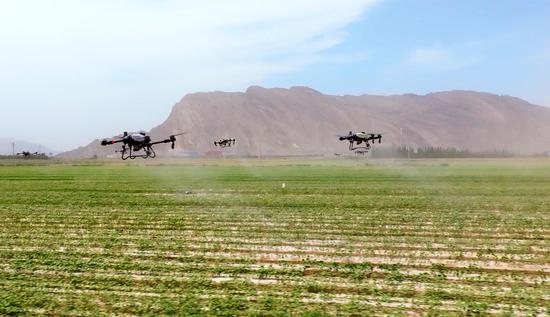








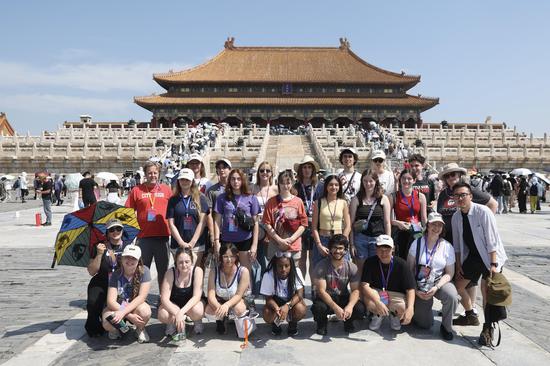
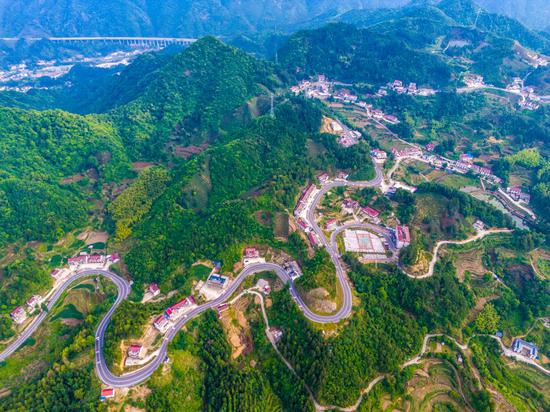






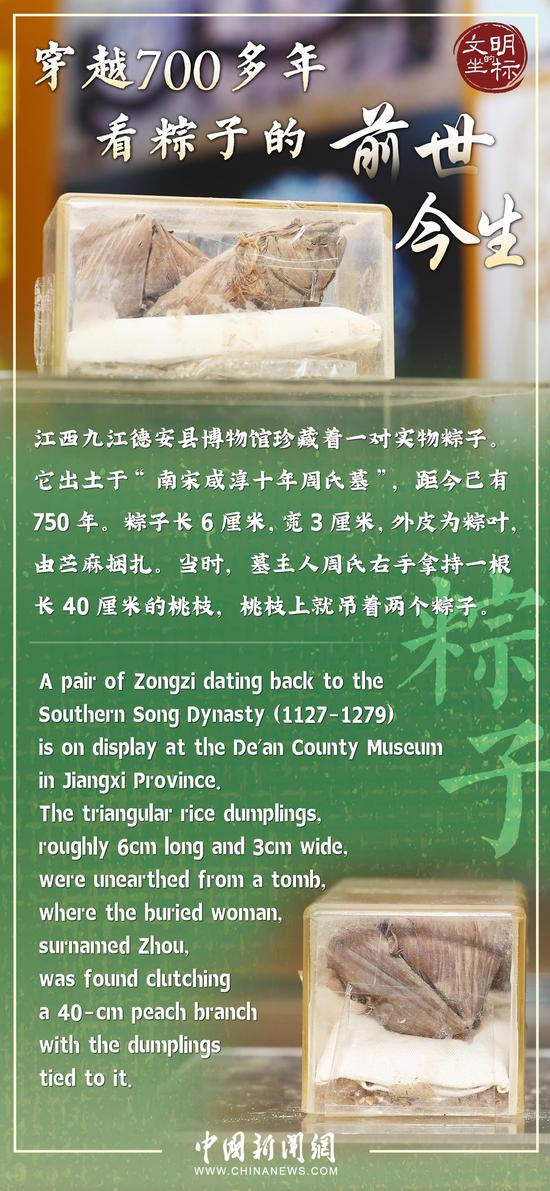

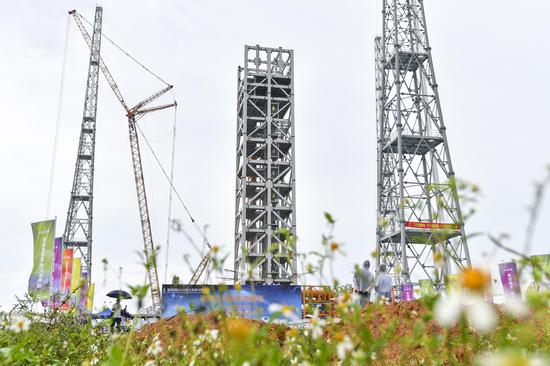







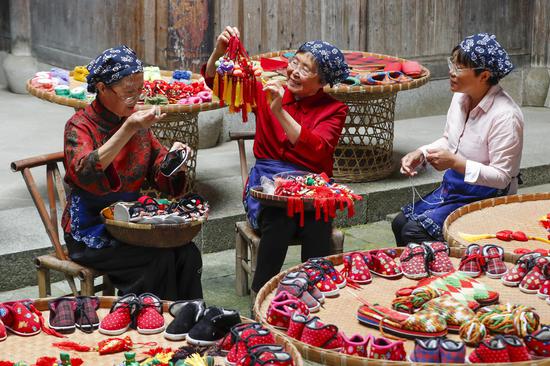





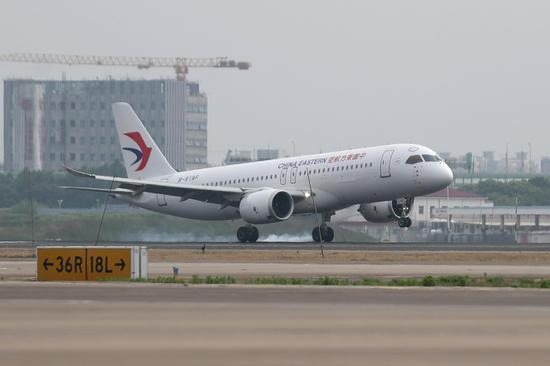

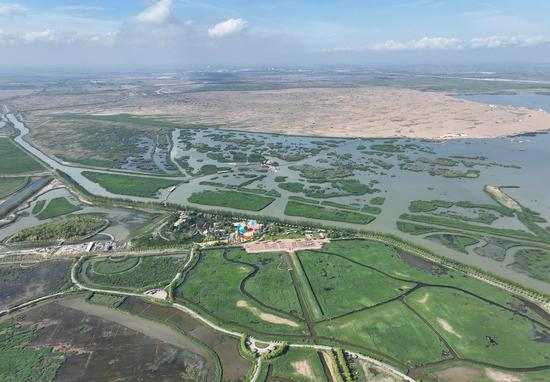

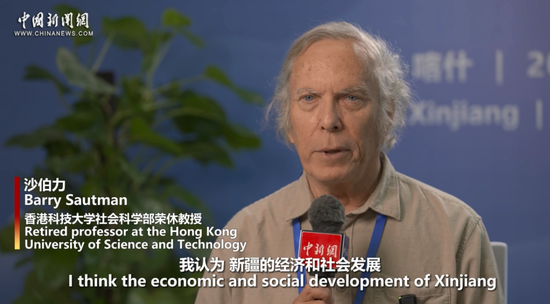



 京公網安備 11010202009201號
京公網安備 11010202009201號